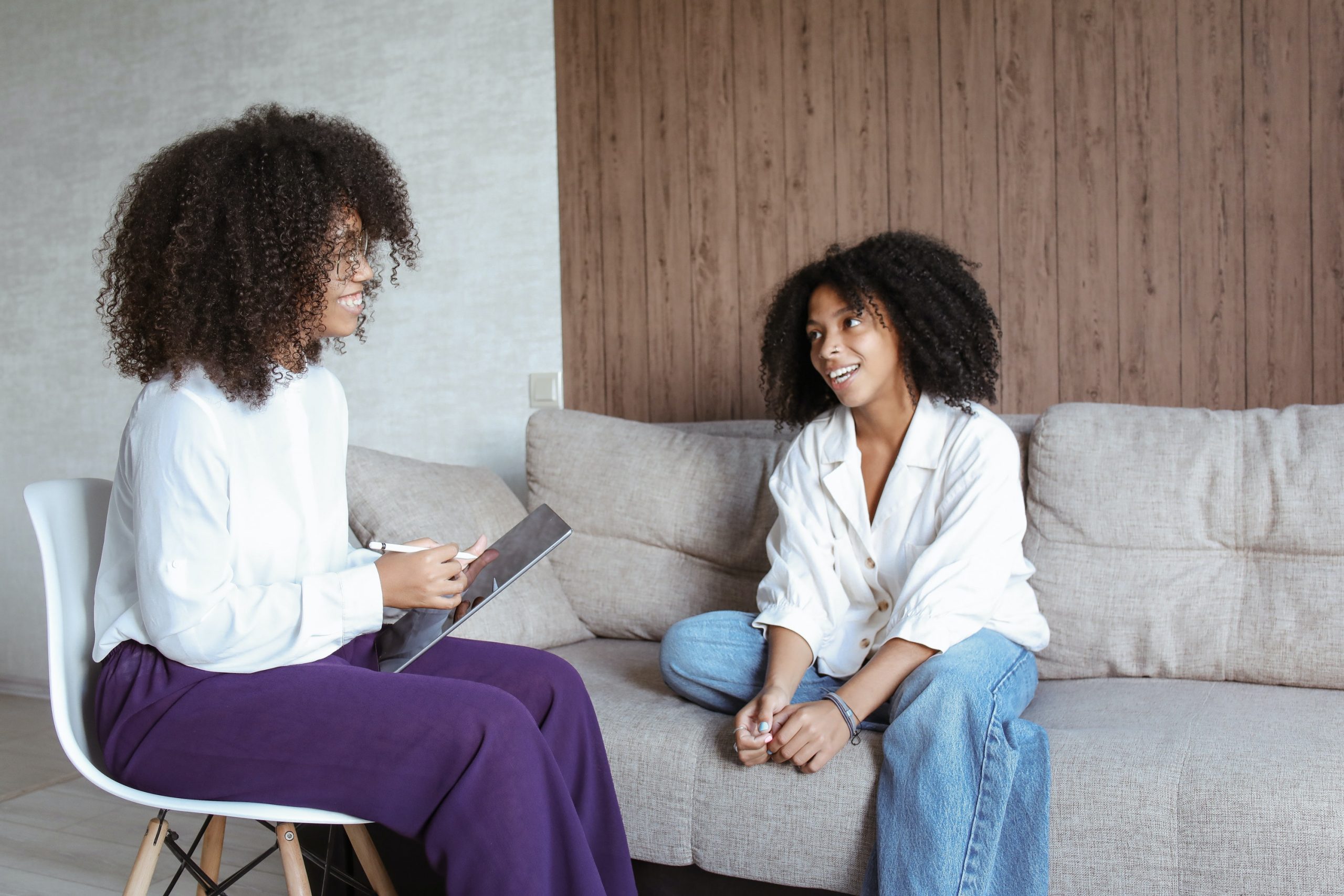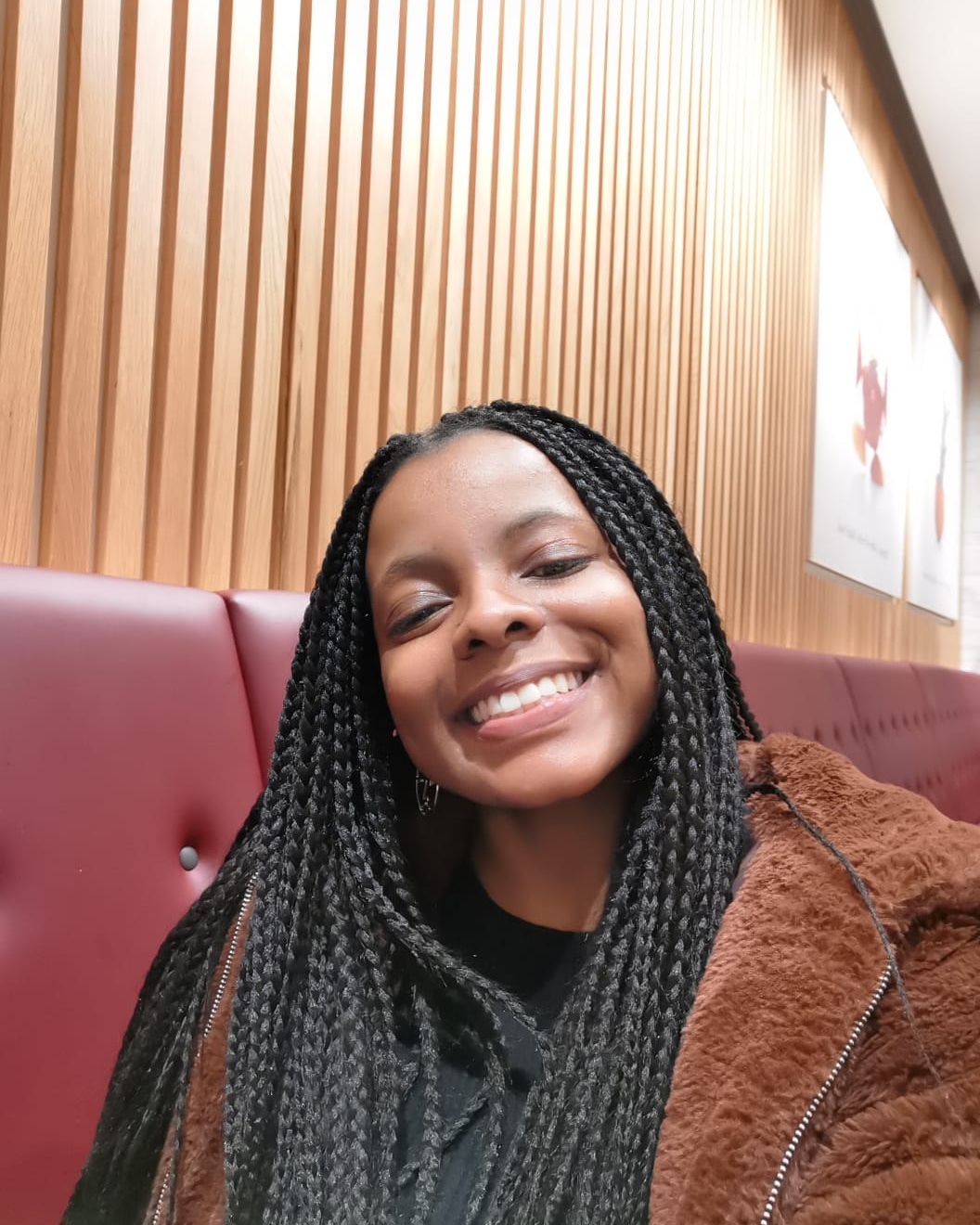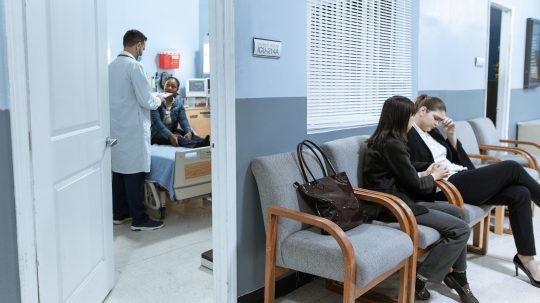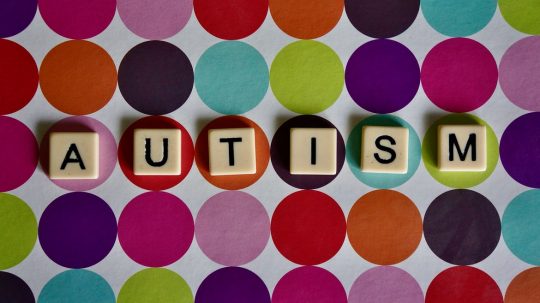New official guidelines advise doctors to prioritise non-medical interventions for mental health care, but broadening treatment options will not make a difference if we cannot access help.
I was overjoyed when I read about the National Institute for Health and Care Excellence’s (NICE) recommendation to de-medicalise mental health services, with doctors now being urged to prescribe meditation, exercise, group therapies or talking therapies like cognitive behavioural therapy (CBT).
A lot of mental health advocates, including those with lived experience of chronic mental ill health such as myself, have been calling for this change for years. It feels particularly important because not all mental health conditions are triggered by biology. A lot of mental health issues are byproducts of the social ills of society, including poverty, poor housing, unemployment, sexism and racism.
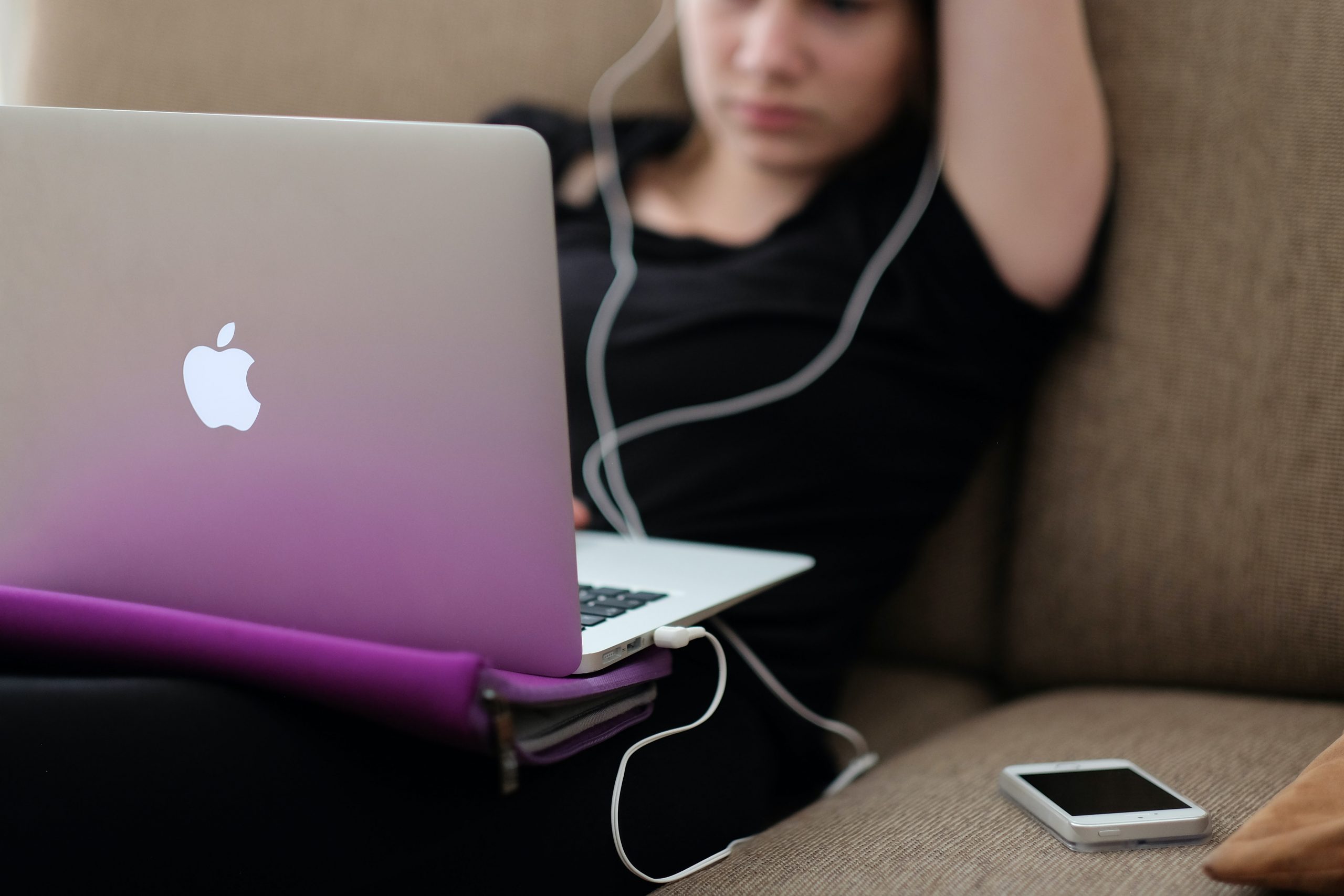
Credit: Steinar Engeland / Unsplash
Do not get me wrong: I have been on and am currently still taking antidepressants. They have played a pivotal role in helping me to find myself during depressive episodes. Antidepressants can have a life-changing impact that should not be diminished because this further feeds into the stigma of the experience of mental ill health and recovery. More importantly, as a young person who only got the mental healthcare I needed from student mental health services at university, I was lucky enough to avoid the long waiting times for therapy.
Austerity measures adopted and implemented by the government have included cuts to mental health funding, with an estimated 8.25% less funding in 2015 than in 2010, despite a rise in demand of 20% in the same period. The widening gap between funding and services has led to extended waiting times for NHS therapies, higher staff turnovers and worsened mental health research outcomes.
With more young people struggling with their mental wellbeing every day, their right to healthcare is being threatened by over-medicalised mental health services. Both the UN’s Factsheet on the Right to Health and the International Covenant on Economic, Social and Cultural Rights set out access to care as critical, but many young people are struggling to secure the right treatment in the UK.

Credi: Joel Muniz / Unsplash
In my experience, taking antidepressants while undergoing therapy has been the best thing for my mental health, so, in an ideal world, the combination of medication and de-medicalised treatments would hit the sweet spot. All the other things, such as meditation, whilst helpful for many, did nothing for me, as I had already reached crisis point.
It is estimated that approximately 7.3 million British people take medication for mental health conditions. The number of young people, including under-18s, being prescribed medication is increasing rapidly too. This has been labelled by NICE as an “overprescription” of medication, echoing public sentiment on the medicalisation of mental healthcare. I can see why so many people agree because, in my experience, every time I consult a GP about my mental health, antidepressants are their default answer.
On the other hand, as someone that has been in and out of therapy for the last 10 years, some might assume that I would have been ‘cured’ of my depression. For a time, so did I, but I admit that it was naïve to think that all those sessions could magically cure and remove all my issues. No amount of time in therapy will help provide solutions for systemic problems I continue to face as a Black British woman. In order truly to address the varying mental health needs young people have, making a wider range and combination of treatments available to them is the best solution.

Credit: Zach Lucero / Unsplash
But for so many others who are not as lucky as me, the only support available is taking antidepressants. Deprioritising that option and replacing it with a long waiting list for therapy does not feel like an improvement. I can absolutely understand why healthcare professionals are being advised to prescribe non-medical options first but there is also space for antidepressants.
I am pleased to see a focus on withdrawal from antidepressants and recognition of efforts by Nice to de-medicalise mental healthcare and explore other solutions available. However, we should be mindful that, in isolation, these updated guidelines will not improve people’s experience of mental healthcare.
As more young people develop mental health issues, the need for better mental healthcare is becoming more pressing. Young people’s needs are changing because the world they live in is transforming too. Just to scratch the surface, we are being exposed to the consequences of inequality such as the global pandemic, climate disasters and continuous ongoing political unrest across the globe.
Ultimately, it does not matter what range of treatments are available, or how quickly they can be accessed, as these factors are all dependent on services being adequately available, funded and staffed. Until they are, young people’s right to mental healthcare remains under threat.
The views expressed in this article are those of the author and do not necessarily reflect the views of EachOther.
About ‘The Inspired Source’ Series
This series is part of our work to amplify the voices of aspiring writers that are underrepresented in the media and marginalised by society. Each piece examines a human rights issue by which the author or their community is affected. Where possible, authors outline a position on how we might begin to address the issue. Find out more about the series and how to send us a pitch on this page.

